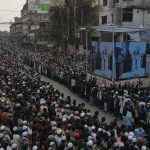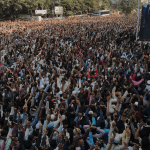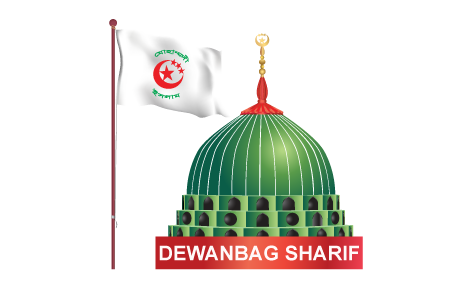Religious Reforms by Sufi Emperor Hazrat Dewanbagi (Rh.)
Reviving Mohammadi Islam
- The Prophet Muhammad (PBUH) said, "Verily Almighty Allah sends such a person at the beginning of every century for his ummah(followers) who makes necessary reforms of religion. [Abu Daud Sharif].
Sufi Emperor Hazrat Dewanbagi (Rh.) is widely regarded by his followers as a significant figure appointed by divine will for the crucial task of religious reform. The concept of a reformer (Mujaddid) in Islam finds grounding in the Hadith of the Prophet Muhammad (PBUH), who stated, "Verily Almighty Allah sends such a person at the beginning of every century for his ummah (followers) who makes necessary reforms of religion" [Abu Daud Sharif]. According to Dewanbag Sharif, Great Allah (SWT) assigned this pivotal task to Sufi Emperor Hazrat Dewanbagi (Rh.). His core mission as a reformer involved identifying and rectifying religious issues and practices that had become prevalent in Muslim society over time but were, in his view, not authentically supported by the Holy Quran and Hadith. Through his dedicated efforts, he aimed to re-present a true Islamic philosophy, one he believed was originally introduced and perfectly embodied by the Prophet (PBUH). It is stated that he initiated more than two hundred religious reforms, many of which garnered immense appreciation both within Bangladesh and internationally. Below are details of some of the most noticeable reforms attributed to Sufi Emperor Hazrat Dewanbagi (Rh.)
The Role of a Reformer:
The Islamic tradition acknowledges the periodic necessity for renewal and purification within the religious understanding and practices of the Muslim community. This crucial need is met by individuals believed to be divinely sent by Allah (SWT) to revive and correct the path of faith – known as reformers. Dewanbag Sharif asserts that Sufi Emperor Hazrat Dewanbagi (Rh.) fulfilled this vital role, having been divinely tasked with implementing essential reforms. His work involved meticulously scrutinizing existing religious issues and practices, evaluating them against his deep understanding of the Holy Quran and authentic Hadith, and earnestly advocating for changes to realign contemporary practice with what he considered the true Islamic philosophy as exemplified by the Prophet Muhammad (PBUH).
Key Religious Reforms Introduced by Sufi Emperor Hazrat Dewanbagi (Rh.)
Here are some of the significant religious reforms that Sufi Emperor Hazrat Dewanbagi (Rh.) is credited with introducing or championing:
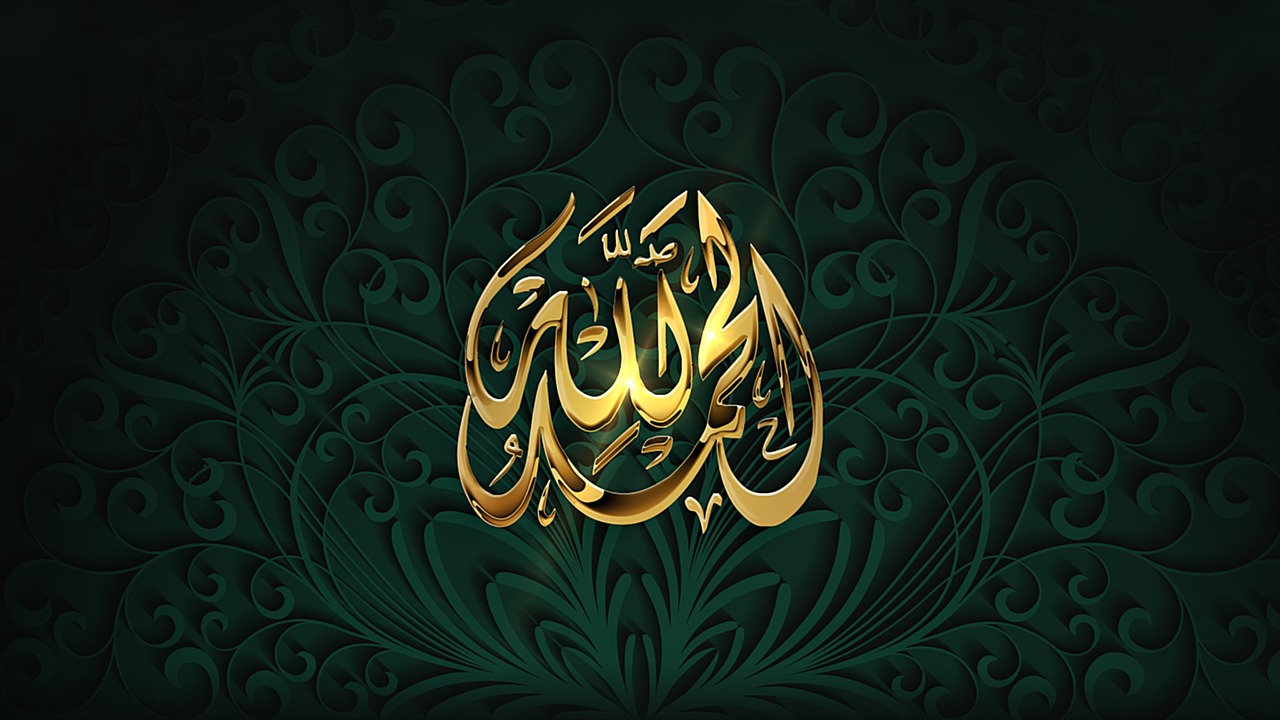

- The Prophet Muhammad (PBUH) said, "Religion will be victorious as long as the Muslims will have their Iftar (fast-breaking meal) soon; because the Jews and the Christians have their Iftar late. "[Abu Daud & Ibn Majah Sharif].


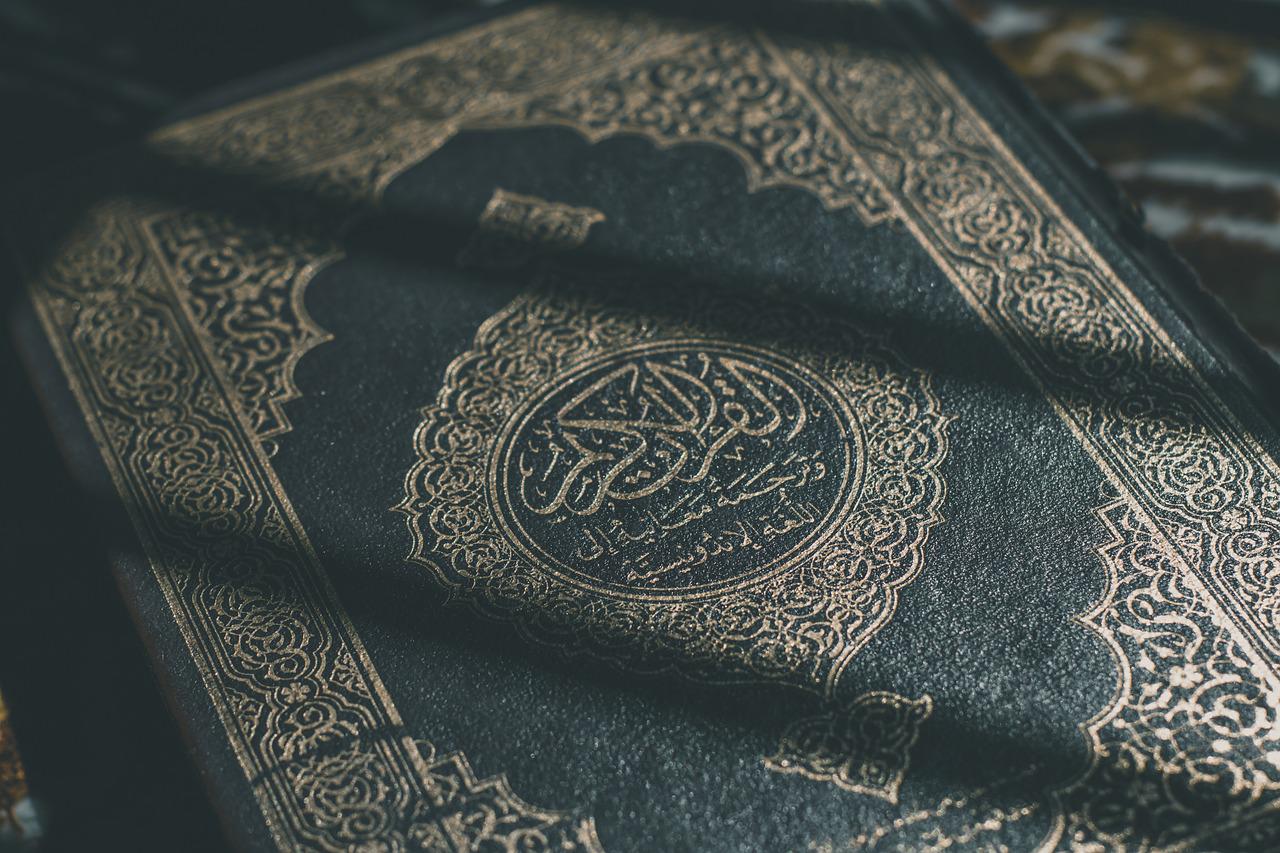
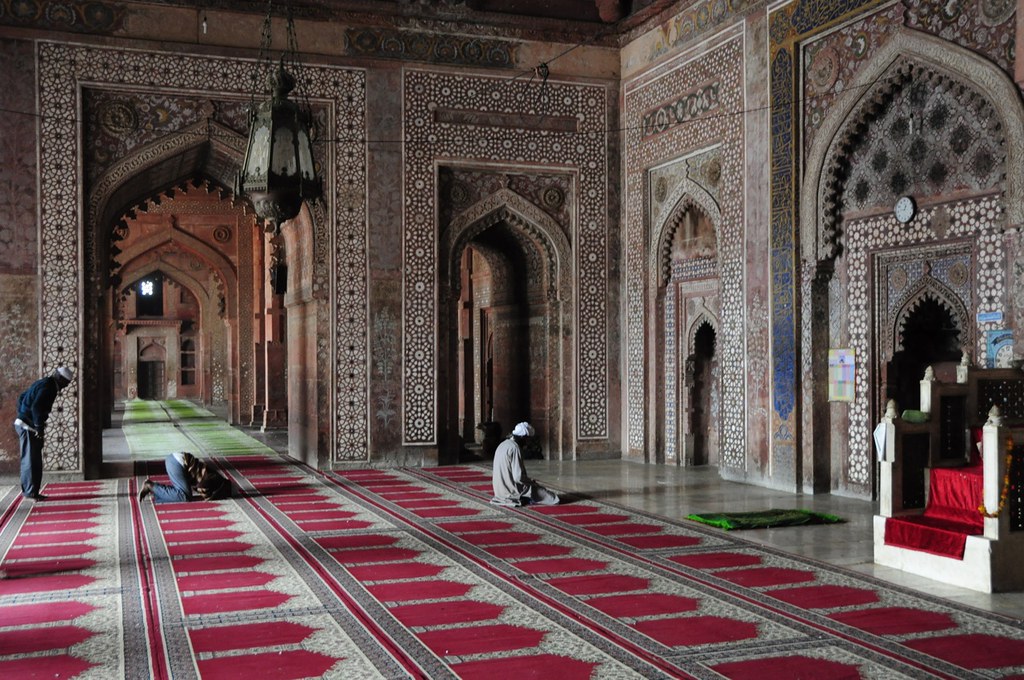

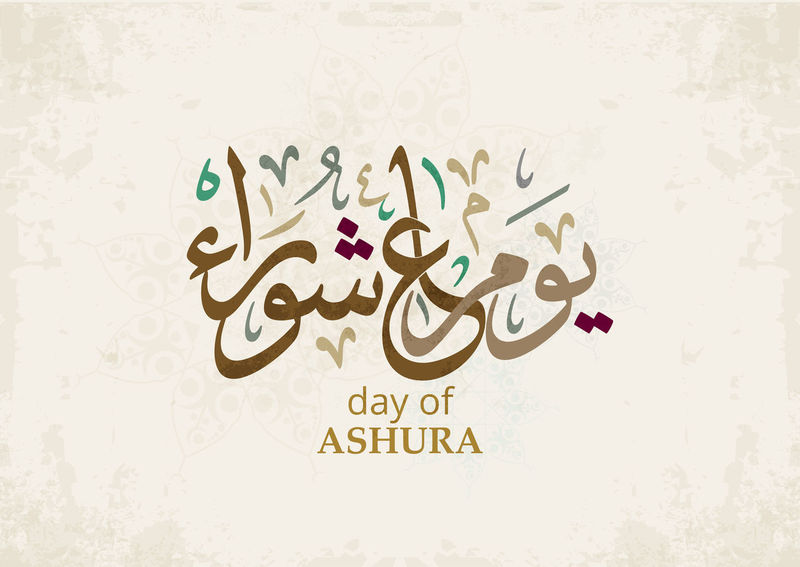
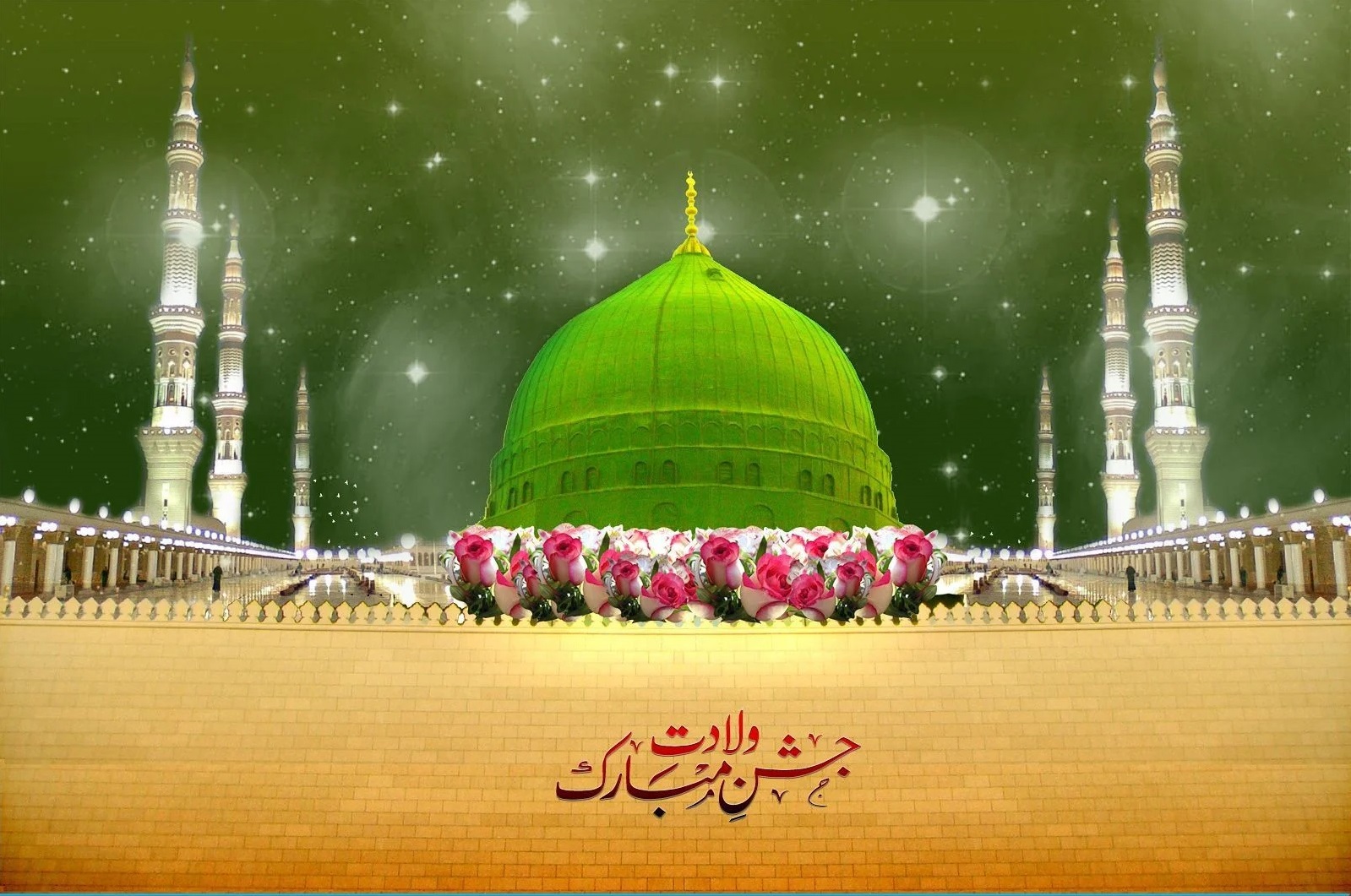
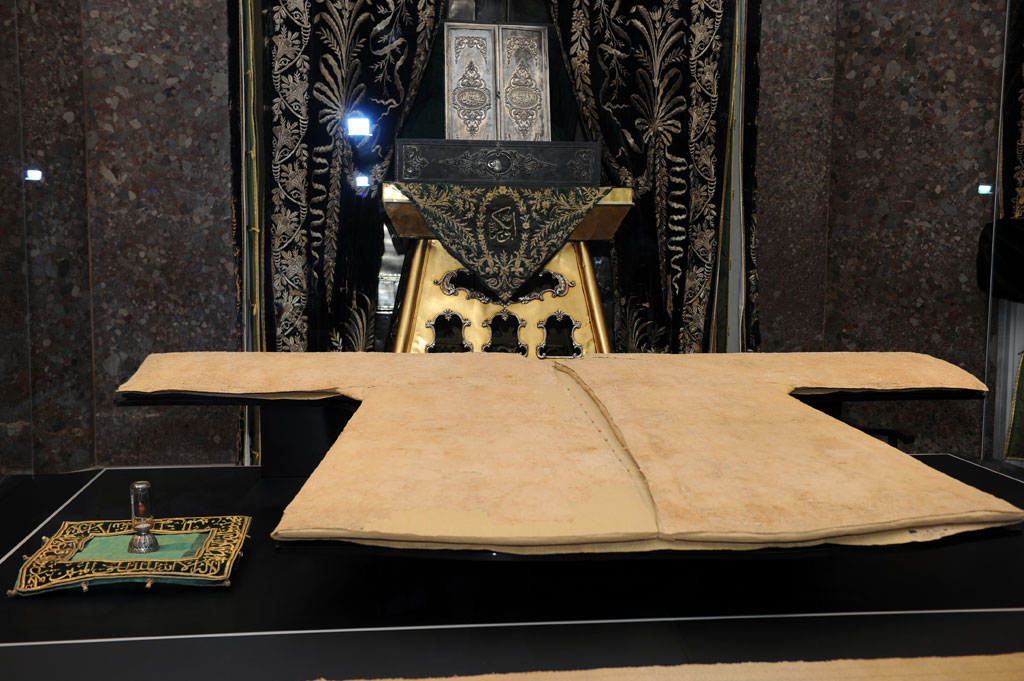

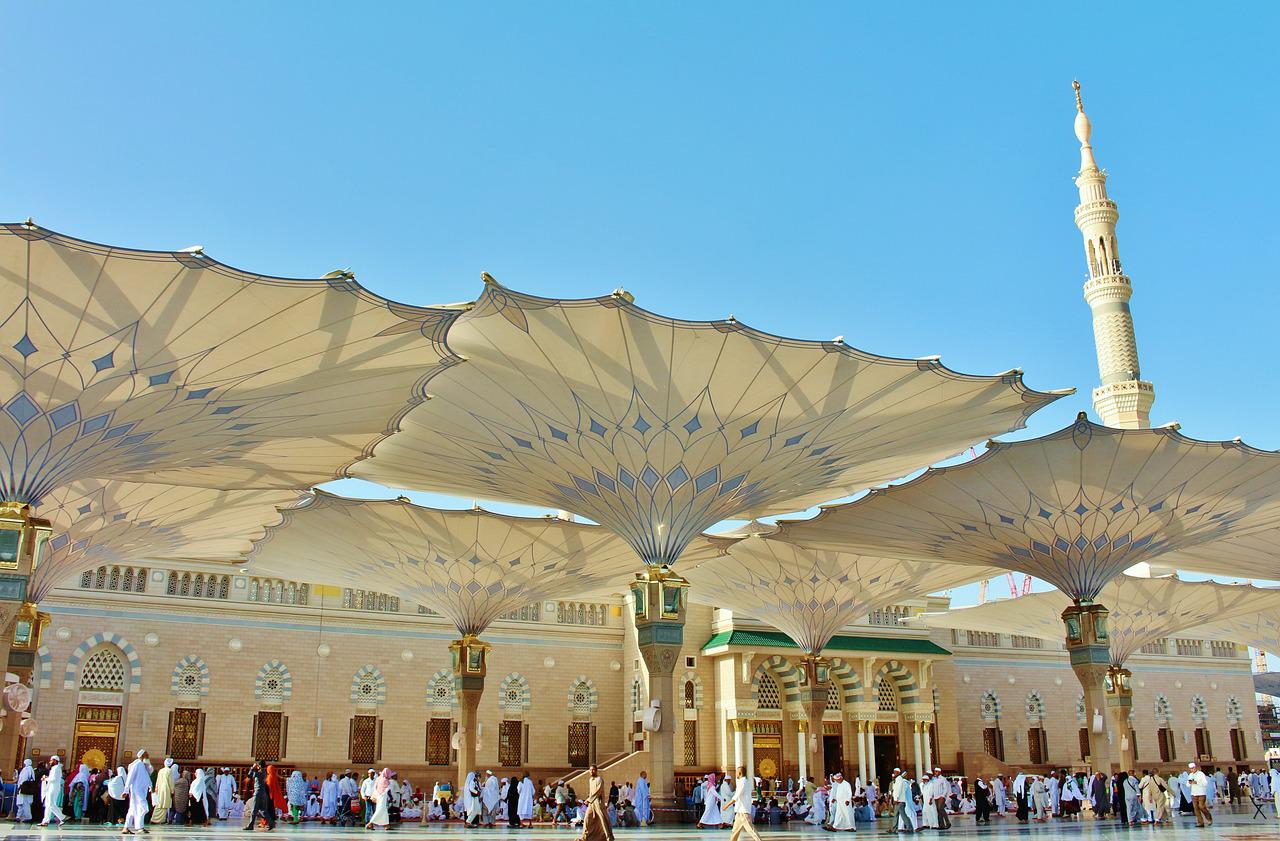
- It is stated in the Holy Quran, "Surely Allah Himself and His Angeles recite Darud (Holy sentence to send blessings) upon the Prophet (PBUH) and offer salutation with respect. O, believers! You do so too. [Sura:Ahjab,verse:56].


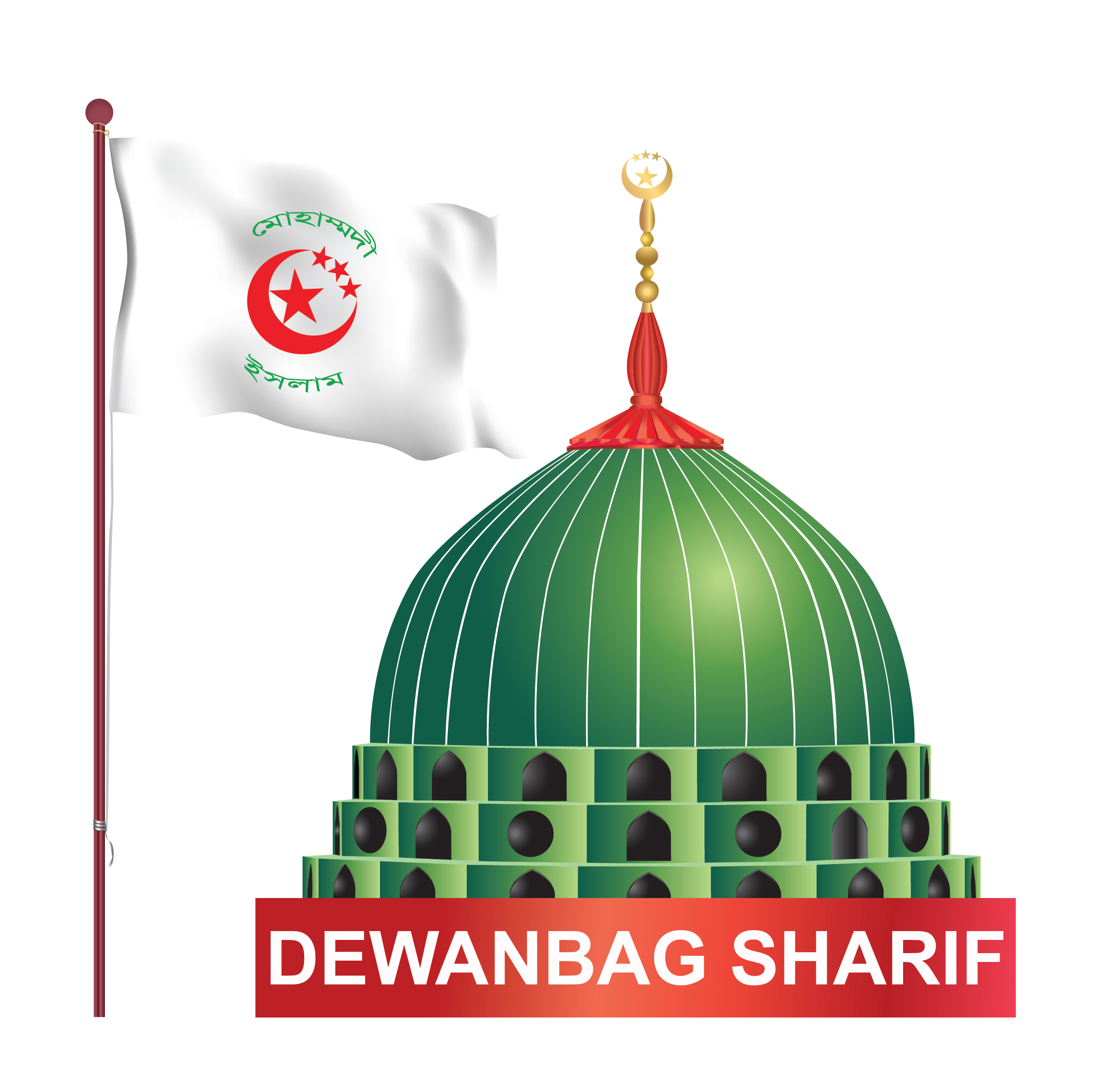
Conclusion
Sufi Emperor Hazrat Dewanbagi (Rh.) is presented as a significant reformer dedicated to correcting what he viewed as prevailing misconceptions and practices within the Muslim community, aiming to restore the true Islamic philosophy of the Prophet Muhammad (PBUH). His wide-ranging reforms, from theological understandings and spiritual practices to daily life applications and historical interpretations, were based on his analysis of the Quran, Hadith, and historical facts. By championing these changes, Sufi Emperor Hazrat Dewanbagi (Rh.) significantly influenced the understanding and practice of Islam for his followers and, in several notable instances, impacted national policies in Bangladesh, leaving a lasting legacy through his reformative efforts focused on reviving what he termed Mohammadi Islam.

